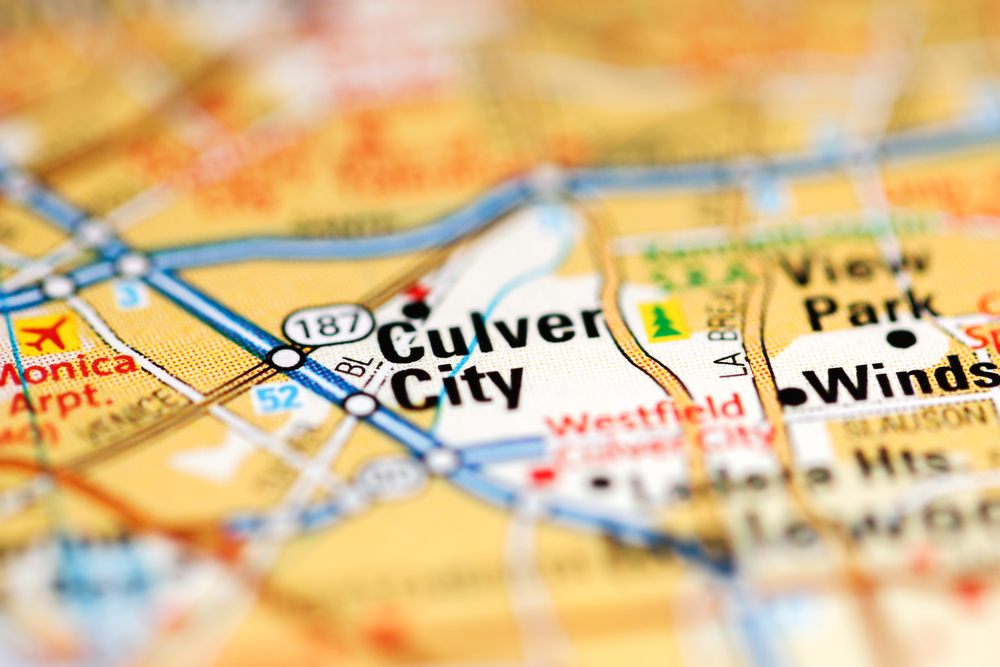New Culver City Tax Will Cost Commercial Property Owners Millions

In response to the COVID-19 pandemic’s drastic impact on local tax revenue, the Culver City’s City Council voted 4-1 voted to play a tax proposal on the November 3 ballot. Voters would follow suit, with Measure RE being narrowly approved at just a margin of 819 votes.
BOMA/GLA opposes this measure, as we believe the tax places an unfair onus on property owners. Indeed, city budgets haven't exclusively been impacted by COVID-19 - businesses across LA County have also been forced to downsize, change their operations, or close entirely.
Understanding the Real Estate Transfer Tax
Measure RE would raise the current real estate transfer tax rate would from 0.45% to the following scale:
- Increase to 1.5% for properties valued at $1.5 million or more.
- Increase to 3% for properties valued at $3 million or more.
- Increase to 4% for properties valued at $10 million or more.
This tax increase would exist in perpetuity. Revenue would go to Culver City’s general fund and be used at the discretion of the City Council.
And, the following properties will be exempt:
- Multifamily facilities that are 100% affordable housing.
- Newly developed multifamily housing in its first sale after construction.
With the average Culver City home costing $900,000, this proposal disproportionately impacts commercial property and multifamily housing owners.
BOMA/GLA formally opposes this tax initiative
At BOMA/GLA, we firmly support any initiative that promotes the commercial real estate industry and includes property owners in the policymaking process.
However, we oppose the Culver Real Estate Tax initiative for the following reasons:
- This ballot initiative disproportionately impacts commercial real estate – especially BOMA/GLA’s members. Notably, this measure would increase the sales tax on Culver City buildings by nearly tenfold.
- The tax would dampen the real estate market. By creating a 4% reduction in property value off the top, the initiative would significantly slow down the local real estate market and hurt another sector of the economy.
- Rent will likely increase. To compensate for the reduction in the property’s selling value, landlords will be forced to raise their property's rent. In the same fashion, increased rent and volatility in the market will drive businesses out of Culver City.
- Culver City did not meaningfully engage with the business community. The Council rushed through this process and did not meaningfully engage the public before placing this measure on the ballot. This led them to advance a heavy-handed ballot initiative based on a single study rather than considering other options.
- And, most importantly, Proposition 15. If Proposition 15 passes, it would create an even worse double-edge sword for Culver City owners: absorb a massive property tax increase or sell your property with a significantly diminished bottom line.

